Program
Schedule
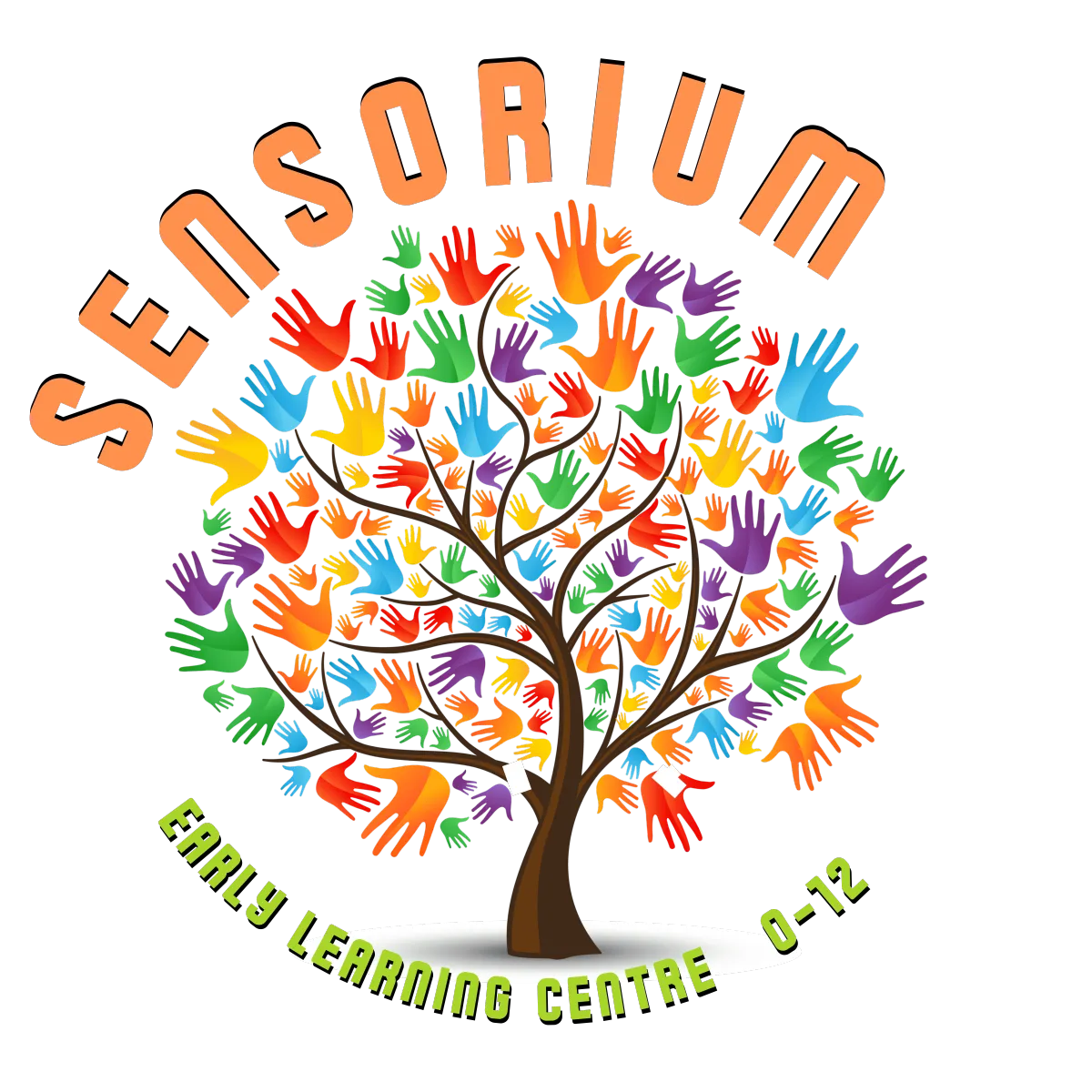
Program
Schedule
WE ARE OPEN!
Please click link above and enter your information to book a tour of our brand new centre.
Food equals health, energy, performance and well-being. Take a look at our weekly menus for more information.
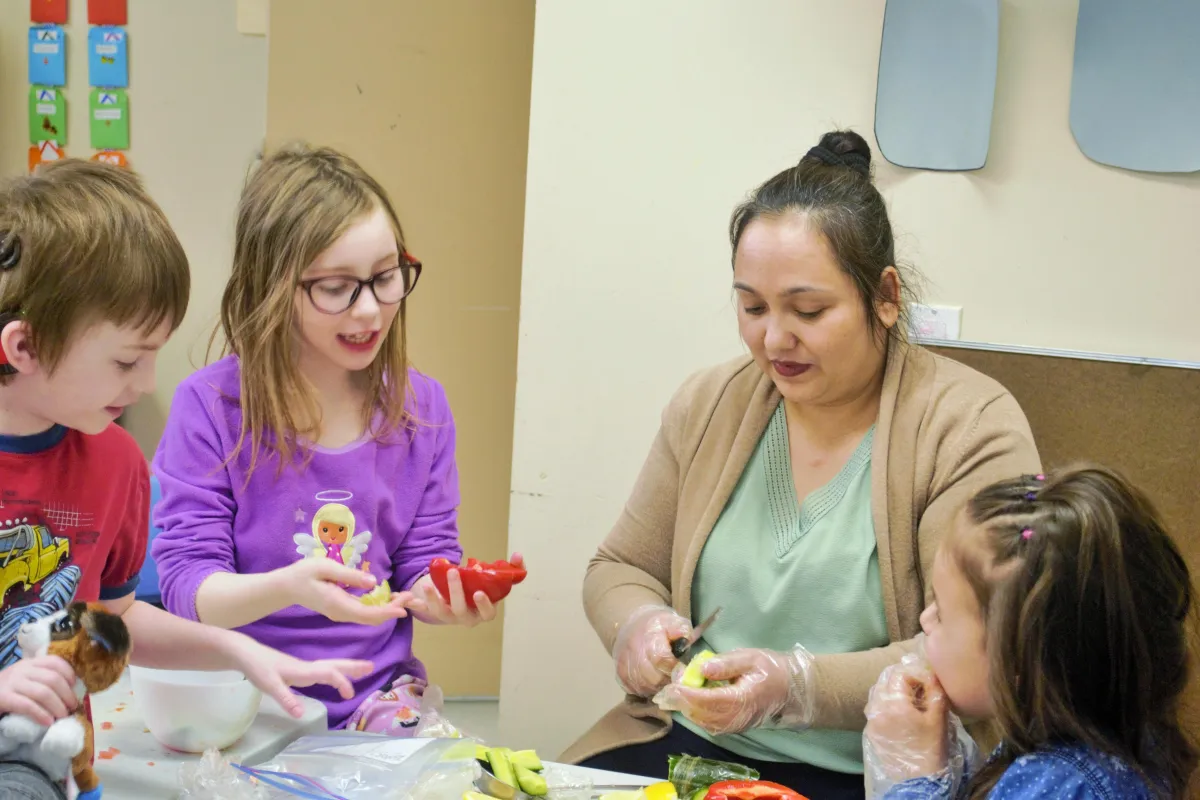
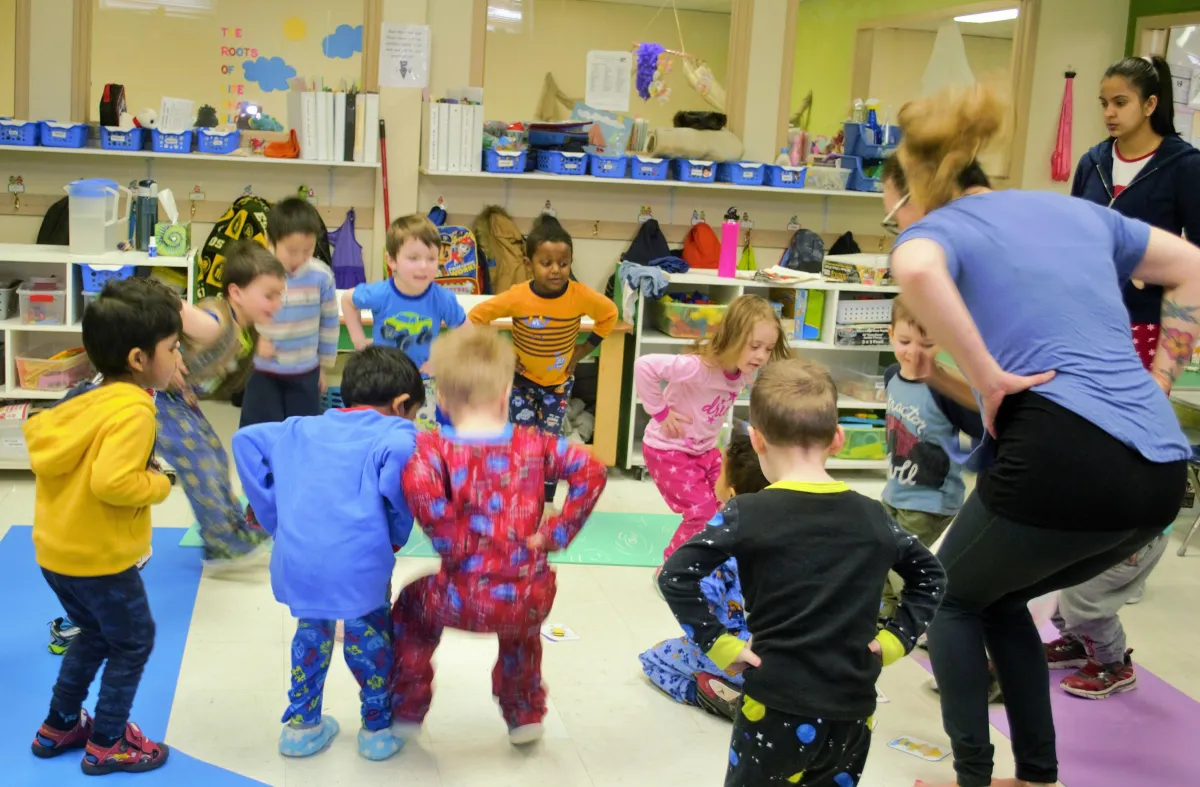
WE ARE OPEN!
Please click link above and enter your information to book a tour of our brand new centre.
Food equals health, energy, performance and well-being. Take a look at our weekly menus for more information.


Program Information:
Sensorium Early Learning Centre will be guided by the Flight Curriculum combined with a ton of sensory experiences to help children do what they do best, learn though play. We are proud to share a few highlights of our centre like our indoor and outdoor gym as well as a large greenhouse to provide plenty of opportunities to learn with many senses! Not to mention the fantastic educators who will enhance and encourage children’s learning in a safe and nurturing space.
Here are just a few benefits of sensory play:
- It encourages the development of motor skills
- It supports language development
- It helps to build nerve connections in the brain
- When children use more of their senses while learning, they are better able to retain what they’ve learned
- It encourages ‘scientific thinking’ and problem solving
- It can involve Mindful Activities which are beneficial for all children
So, what is Sensory Play?
Sensory play comes naturally for children and should be encouraged and supported both at home and in early learning environments (please check out informative links with a ton of ideas!). ALL children benefit from exposure to multisensory opportunities and so a lot of thought has been put in to provide just that. For children with learning and/or developmental challenges, this exposure can be particularly helpful. Sensory play includes play that engages any of the senses. This includes sight, smell, taste, touch, sound and also balance, movement, and spatial awareness.
SENSORIUM - 7 SENSES
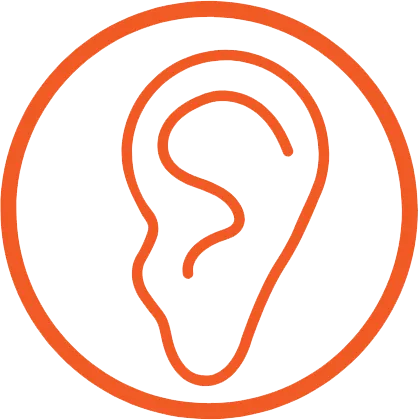
SOUND
Hearing, or audition, is the ability to perceive sound by detecting vibrations, changes in the pressure of the surrounding medium through time, through an organ such as the ear.
TOUCH
Touch, or somatosensory, is a perception resulting from activation of neural receptors, generally in the skin including hair follicles and a variety of pressure receptors respond to variations in pressure (firm, brushing, sustained, etc.).


TASTE
Taste, or gustation, refers to the capability to detect the taste of substances such as food, certain minerals, and poisons, etc.
SMELL
Smell or olfaction is our ability to detect scent – chemical, odour molecules in the air.


SIGHT
Sight or vision is the capability of the eyes to focus and detect images of visible light and generate electrical nerve impulses for varying colors, hues, and brightness.
VESTIBULAR
The vestibular system explains the perception of our body in relation to gravity, movement and balance.
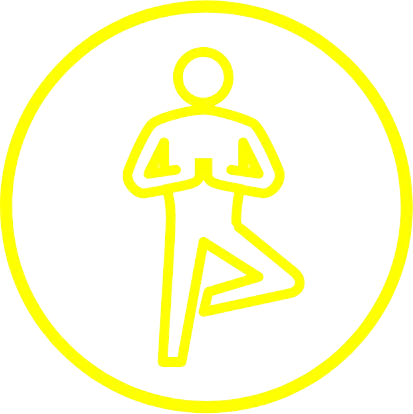

PROPRIOCEPTION
Proprioception is the sense of the relative position of neighbouring parts of the body and strength of effort being employed in movement.
When a child is born, their senses are not fully developed. They only mature over time as children explore the sensory world around them. Each new experience they have with a different sense (or better yet multiple senses at once) builds nerve connections that grow the architecture of their brain. Our focus will be to provide many experiences for continuous sensory play. Did you know each one of our fingertips has more than 3,000 touch receptors that send information about the size, shape and texture of objects, and your ability to identify objects by touch and manipulate them depends on the continuous influx of this information!
BEWARE – Children will get messy so you may not want to send them in their best dressed!!
Keeping “Sensory Play” in the forefront with “Flight” to guide us will be our goal throughout the centre. Here is a good capture of our intent “. . . In early childhood, curriculum content is integrated, emerging from children’s fascination with the world. When educators notice children’s interest in exploring nature, people, places, and objects as well as print, stories, numbers, shapes, and patterns, and when they name the connections between these experiences and early literacy, mathematics, science, social studies, music, and art, they are co-constructing early learning curriculum with young children and making the curriculum visible to others. Early childhood curriculum is embedded in children’s daily experiences with their families and in local communities…. These decisions inform their [educators] interactions with each child and family and are revealed in the selection of play and learning materials, design of the care, play, and learning space, and organization of daily routines."
Program Information:
Sensorium Early Learning Centre will be guided by the Flight Curriculum combined with a ton of sensory experiences to help children do what they do best, learn though play. We are proud to share a few highlights of our centre like our indoor and outdoor gym as well as a large greenhouse to provide plenty of opportunities to learn with many senses! Not to mention the fantastic educators who will enhance and encourage children’s learning in a safe and nurturing space.
Here are just a few benefits of sensory play:
- It encourages the development of motor skills
- It supports language development
- It helps to build nerve connections in the brain
- When children use more of their senses while learning, they are better able to retain what they’ve learned
- It encourages ‘scientific thinking’ and problem solving
- It can involve Mindful Activities which are beneficial for all children
So, what is Sensory Play?
Sensory play comes naturally for children and should be encouraged and supported both at home and in early learning environments (please check out informative links with a ton of ideas!). ALL children benefit from exposure to multisensory opportunities and so a lot of thought has been put in to provide just that. For children with learning and/or developmental challenges, this exposure can be particularly helpful. Sensory play includes play that engages any of the senses. This includes sight, smell, taste, touch, sound and also balance, movement, and spatial awareness.
SENSORIUM - 7 SENSES

SOUND
Hearing, or audition, is the ability to perceive sound by detecting vibrations, changes in the pressure of the surrounding medium through time, through an organ such as the ear.

TOUCH
Touch, or somatosensory, is a perception resulting from activation of neural receptors, generally in the skin including hair follicles and a variety of pressure receptors respond to variations in pressure (firm, brushing, sustained, etc.).

TASTE
Taste, or gustation, refers to the capability to detect the taste of substances such as food, certain minerals, and poisons, etc.

SMELL
Smell or olfaction is our ability to detect scent – chemical, odour molecules in the air.

SIGHT
Sight or vision is the capability of the eyes to focus and detect images of visible light and generate electrical nerve impulses for varying colors, hues, and brightness.

VESTIBULAR
The vestibular system explains the perception of our body in relation to gravity, movement and balance.

PROPRIOCEPTION
Proprioception is the sense of the relative position of neighbouring parts of the body and strength of effort being employed in movement.
When a child is born, their senses are not fully developed. They only mature over time as children explore the sensory world around them. Each new experience they have with a different sense (or better yet multiple senses at once) builds nerve connections that grow the architecture of their brain. Our focus will be to provide many experiences for continuous sensory play. Did you know each one of our fingertips has more than 3,000 touch receptors that send information about the size, shape and texture of objects, and your ability to identify objects by touch and manipulate them depends on the continuous influx of this information!
BEWARE – Children will get messy so you may not want to send them in their best dressed!!
Keeping “Sensory Play” in the forefront with “Flight” to guide us will be our goal throughout the centre. Here is a good capture of our intent “. . . In early childhood, curriculum content is integrated, emerging from children’s fascination with the world. When educators notice children’s interest in exploring nature, people, places, and objects as well as print, stories, numbers, shapes, and patterns, and when they name the connections between these experiences and early literacy, mathematics, science, social studies, music, and art, they are co-constructing early learning curriculum with young children and making the curriculum visible to others. Early childhood curriculum is embedded in children’s daily experiences with their families and in local communities…. These decisions inform their [educators] interactions with each child and family and are revealed in the selection of play and learning materials, design of the care, play, and learning space, and organization of daily routines."
ROOMS & SCHEDULE

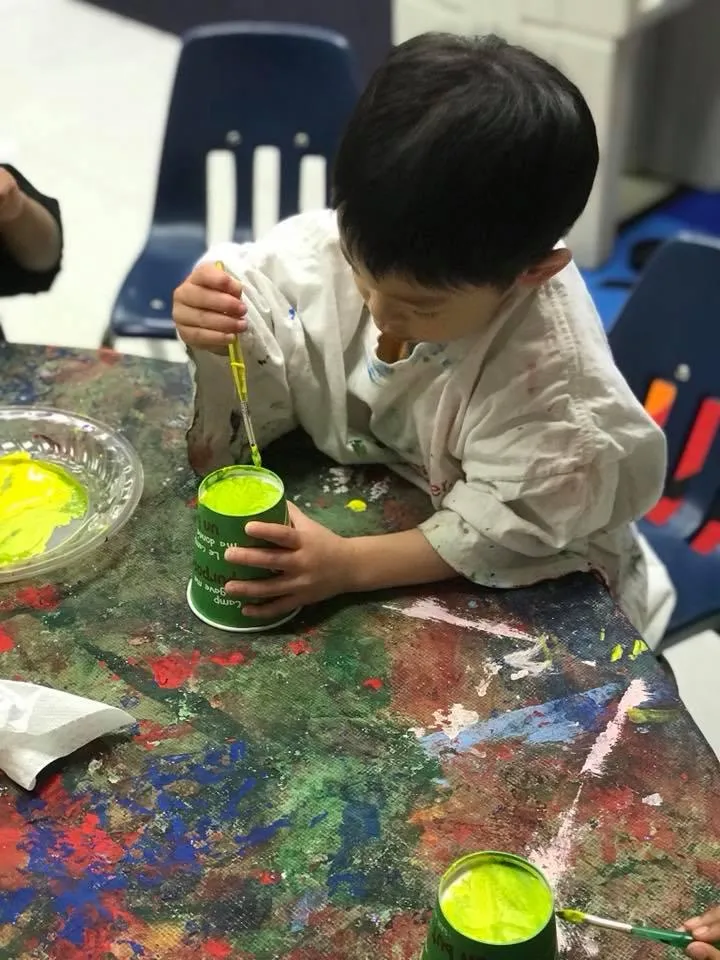
A Day in the Life of Sensorium Early Learning Centre 0-12
7:00-8:30 Greetings & free play (School-Aged Optional Breakfast)
8:30-9:15 Help children settle down in the classroom both physically and emotionally. Optional Breakfast
9:15-10:00 “Wasaka” (Circle) Gathering Time: Greeting and sharing feelings / Building daily learning routine, child led literacy/arts & craft
9:30-10:15 Project Time or Centre based learning through play *Infants Outdoor/Gym*
10:15-10:30 Snack Time (snack time varies based on children’s individual needs)
10:30-12:00 Outdoor Play / Walk / Gym for remaining rooms
11:30-12:30 *Provided from home* Lunch Time varies per room *Infants lunch 11:00*
12:30-2:30 Nap Time / Children who don’t nap: Quiet activities or outdoor play
2:30-3:00 Free Play + Optional Snack time
3:00-4:00 Specialty Enrichment (e.g. Music, Dance & Yoga)
4:00-5:45 Daycare After Care - Centre based Free play + optional snack
Our daily schedule is loosely followed based on children’s needs and interest in order to not interrupt important play. Please see individual room schedules posted. Aside from our dedicated food and rest time, children can eat and rest when their bodies tell them to because well…they are mighty learners and capable citizens who know best! Our facility has larger than normal classrooms giving us the ability to support a child's independence, allowing for a safer environment, more individualized care, and less stress for both the child and the educators.
We believe in supporting each child's capabilities by providing the time and space for children to accomplish whatever they put their mind to. Children will have lots of gross motor time both indoors with –Interactive Floor Beam, Swings, Scooters, Ball play, etc. and in our outdoor playground with –Water play, Mud kitchen, Sand, Riding, Imaginative play and of course Growing in our Greenhouse! Tons of fantastical fun learning coming their way! Be sure to check out our space by going to our gallery.
ROOMS & SCHEDULE


A Day in the Life of Sensorium Early Learning Centre 0-12
7:00-8:30 Greetings & free play (School-Aged Optional Breakfast)
8:30-9:15 Help children settle down in the classroom both physically and emotionally. Optional Breakfast
9:15-10:00 “Wasaka” (Circle) Gathering Time: Greeting and sharing feelings / Building daily learning routine, child led literacy/arts & craft
9:30-10:15 Project Time or Centre based learning through play *Infants Outdoor/Gym*
10:15-10:30 Snack Time (snack time varies based on children’s individual needs)
10:30-12:00 Outdoor Play / Walk / Gym for remaining rooms
11:30-12:30 *Provided from home* Lunch Time varies per room *Infants lunch 11:00*
12:30-2:30 Nap Time / Children who don’t nap: Quiet activities or outdoor play
2:30-3:00 Free Play + Optional Snack time
3:00-4:00 Specialty Enrichment (e.g. Music, Dance & Yoga)
4:00-5:45 Daycare After Care - Centre based Free play + optional snack
Our daily schedule is loosely followed based on children’s needs and interest in order to not interrupt important play. Please see individual room schedules posted. Aside from our dedicated food and rest time, children can eat and rest when their bodies tell them to because well…they are mighty learners and capable citizens who know best! Our facility has larger than normal classrooms giving us the ability to support a child's independence, allowing for a safer environment, more individualized care, and less stress for both the child and the educators.
We believe in supporting each child's capabilities by providing the time and space for children to accomplish whatever they put their mind to. Children will have lots of gross motor time both indoors with –Interactive Floor Beam, Swings, Scooters, Ball play, etc. and in our outdoor playground with –Water play, Mud kitchen, Sand, Riding, Imaginative play and of course Growing in our Greenhouse! Tons of fantastical fun learning coming their way! Be sure to check out our space by going to our gallery.
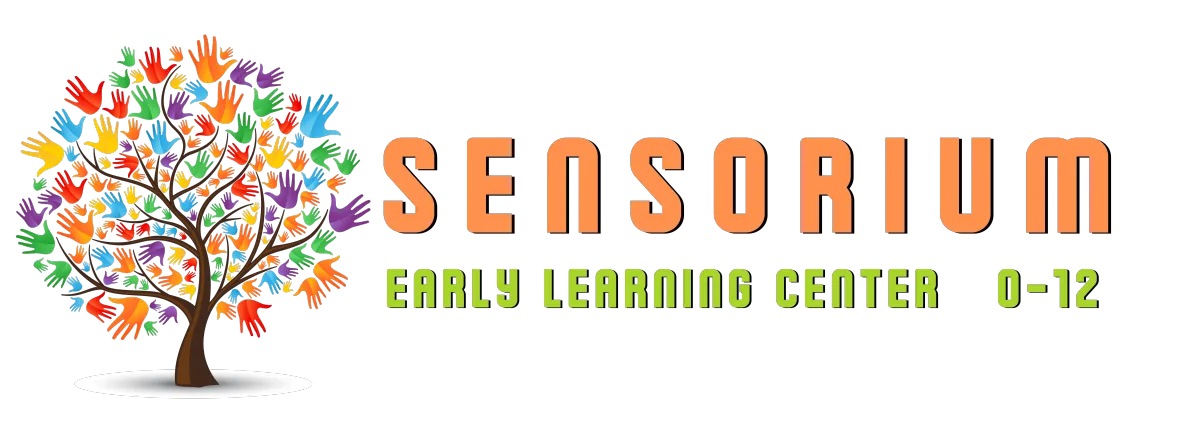
ALL RIGHTS RESERVED | SENSORIUM | COPYRIGHT © 2022





